The Crucial Contract Dilemmas Facing Liverpool FC
Liverpool FC is wrestling with one of the most critical aspects of football management: the contracts of its star players. With Virgil van Dijk, Mohamed Salah, and Trent Alexander-Arnold entering the final year of their deals, the club is at a crossroads. The looming question is whether to renew their contracts, sell the players while they still have value, or risk letting them leave for free next summer. This situation underscores the importance of timely and strategic contract management in football.
Virgil van Dijk, often hailed as one of the best defenders in the world, has been a cornerstone of Liverpool’s defense. His leadership and defensive prowess played a significant role in Liverpool winning the Champions League in 2019 and the Premier League in 2020. However, as with all players, age and form can dictate the terms of contract renewals. While van Dijk remains crucial to Liverpool’s success, the club must weigh the cost of a high-value extension against his potential future contribution. Negotiating a new deal for van Dijk would not only be a significant financial commitment but also a message to the fans about the club’s ambition and stability.
On the other hand, Mohamed Salah’s situation stands out due to his status as one of the world’s top goalscorers. Salah has consistently delivered unmatched performances and has been the face of Liverpool’s attacking front. Renewing Salah’s contract seems imperative, but it’s not just about the money. Salah, like other elite players, will seek assurances on the club’s competitive vision for the future. Ensuring Salah’s stay would mean securing a player who can guarantee goals and star quality in the years to come, but it may also mean meeting his expectations on and off the pitch.
Meanwhile, Trent Alexander-Arnold represents a different kind of dilemma, one involving a homegrown talent who has become an integral part of Liverpool’s tactical setup. Known for his exceptional crossing and set-piece ability, Trent’s value to Liverpool goes beyond his on-field contributions. A renewal for him would symbolize Liverpool’s commitment to nurturing and retaining local talent. However, contract negotiations with young stars often involve discussions about their future role, development, and remuneration comparable to peers in similar positions. The challenge is to keep him grounded while appreciating his significant role in the squad.
Balancing Financial Prudence with Team Needs
The financial implications of renewing contracts for these key players are substantial. Liverpool, like many top clubs, operates within a defined financial structure, and splurging on player salaries can have a ripple effect, influencing budget allocations across the squad. The club’s management must balance the desire to retain top talents with the need to maintain a sustainable wage structure. This becomes more complex when considering the broader transfer market trends and the possibility of attracting new talents to Anfield.
Choosing to sell any of these players would not be a straightforward decision either. While it would bring in a significant transfer fee, finding adequate replacements who can deliver immediate impact is a risky venture. The market value of players like van Dijk, Salah, and Alexander-Arnold is high, but so is the challenge of replacing their quality and familiarity with the club’s tactical system. Moreover, selling star players can have a direct impact on team morale and fan sentiment, factors that are intangible yet crucial for a club’s success.
The Risk of Losing Players for Free
The third option, letting the contracts run out, poses its own set of challenges. Allowing van Dijk, Salah, and Alexander-Arnold to leave on free transfers next summer would be a significant financial loss. The potential departure of such central figures could disrupt the team’s on-field performance and destabilize the dressing room environment. Free transfers, while financially a loss, also deprive the club of substantial funds that could be reinvested into procuring new talents.
The importance of proactive contract management cannot be overstated in football. For Liverpool FC, timing is crucial. Starting negotiations early can offer more control over the process, avoiding last-minute rushes which often lead to hasty decisions. Long-term planning and foresightedness from the management are vital in ensuring that the club retains its competitive edge while maintaining financial health.
Fan Sentiment and Club Legacy
Fans play a pivotal role in football, and their sentiment can heavily influence club decisions. Liverpool’s loyal fan base expects transparency and ambition from the club’s management. The renewal of contracts for players like van Dijk, Salah, and Alexander-Arnold would be a clear signal of the club’s intent to compete at the highest level. Conversely, losing such stars could spark discontent and erode trust in the club’s vision.
Moreover, the legacy of players at a club like Liverpool cannot be ignored. Legends are often remembered not just for their on-field contributions but for their loyalty and connection with the fans. Ensuring that stalwarts like van Dijk, Salah, and Alexander-Arnold continue their journey at Anfield would be as much about preserving club heritage as it is about future success. The stories of long-serving players becoming club icons resonate deeply with the fans and weave into the cultural fabric of the club.
The wider football community watches such scenarios with keen interest. Rival clubs, potential signees, and market analysts all take cues from how high-profile contract negotiations unfold. Successfully handling these contracts can elevate Liverpool’s standing as a desirable destination for top talents and reflect the club’s prowess in off-field management as well.
The Collective Impact on the Premier League
Liverpool’s contract dilemmas are not in isolation; they mirror a broader trend in the Premier League where top clubs constantly juggle player retention with financial pragmatism. The outcomes of these negotiations can influence transfer market dynamics, wage expectations, and even other players’ decisions regarding their future. The Premier League, being one of the most competitive leagues globally, sees clubs continually adapting strategies to retain a competitive edge. The resolution of Liverpool’s player contracts can set benchmarks and offer learnings for peer clubs navigating similar waters.
The ripple effects extend to the on-field product the fans see week in, week out. A stable team with minimal key player turnovers often performs better, showcasing cohesive and consistent football. Conversely, frequent changes and the loss of star players can lead to periods of transition and adaptation, potentially affecting the club’s short-term performance.
What Lies Ahead for Liverpool FC?
So, where does Liverpool FC go from here? The immediate task is clear: initiate and engage in meaningful negotiations with van Dijk, Salah, and Alexander-Arnold. Clear communication, outlining the club's vision and future plans, will be crucial in these discussions. Securing these players' futures at Anfield would be a significant step in maintaining the club's competitive stature.
Simultaneously, Liverpool’s management must prepare for all possible outcomes. This involves scouting potential replacements, analyzing market conditions, and ensuring financial flexibility to act decisively when needed. The club's recent success story has been built on a blend of strategic player acquisitions and homegrown talent, a formula they will need to revisit and refine as they navigate these contract conundrums.
In the grand scheme, Liverpool FC’s handling of these contracts will be a defining chapter in their modern history. It’s a scenario that encapsulates the delicate balance of ambition, strategic foresight, and the ever-present unpredictability of football. For now, the fans, the management, and the players themselves can only hope for a resolution that best serves the club’s long-term aspirations and sustains the pride and passion associated with wearing the Liverpool shirt.

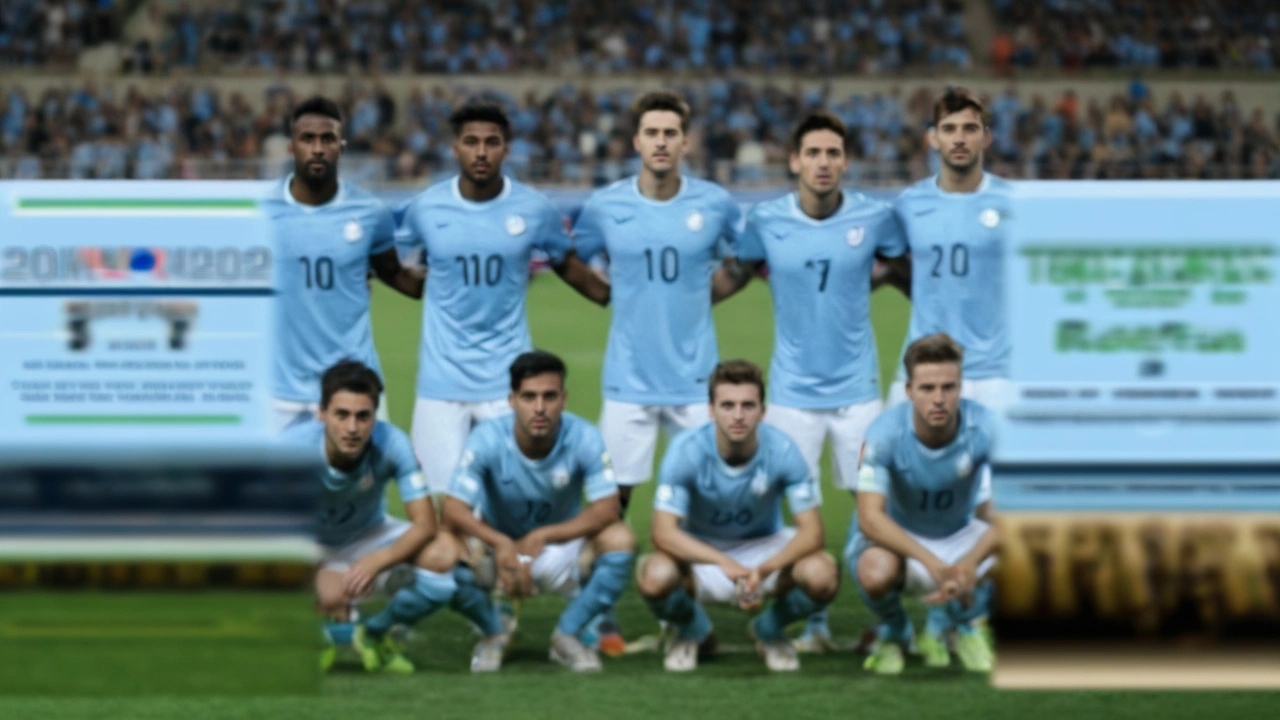
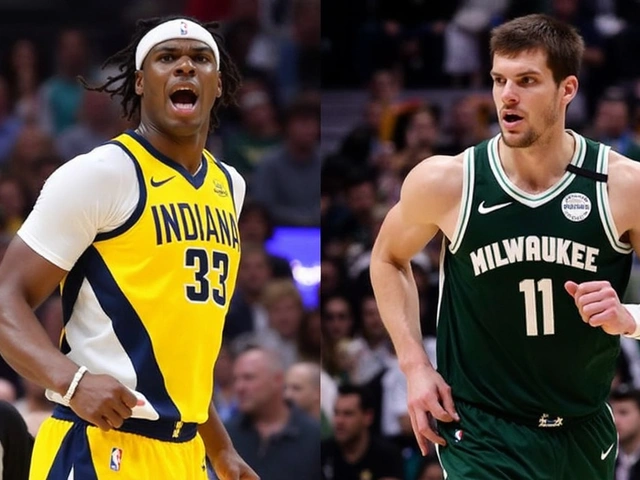
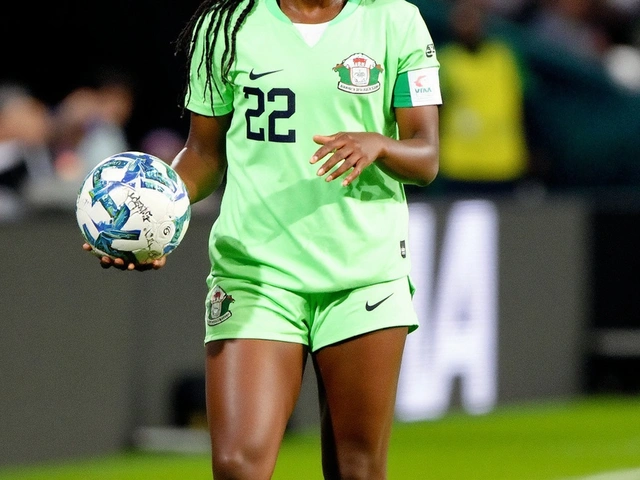
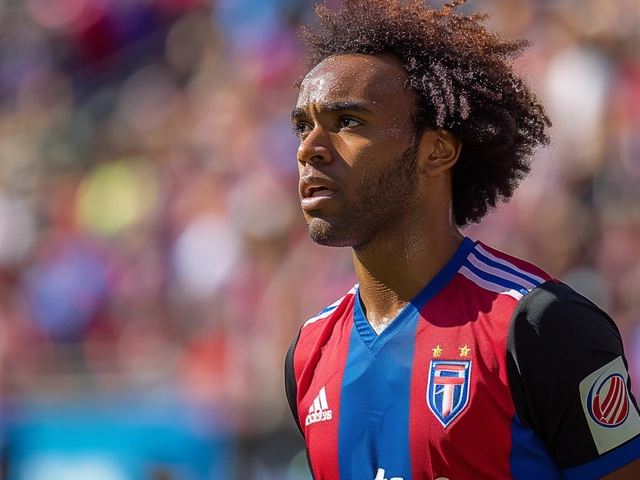
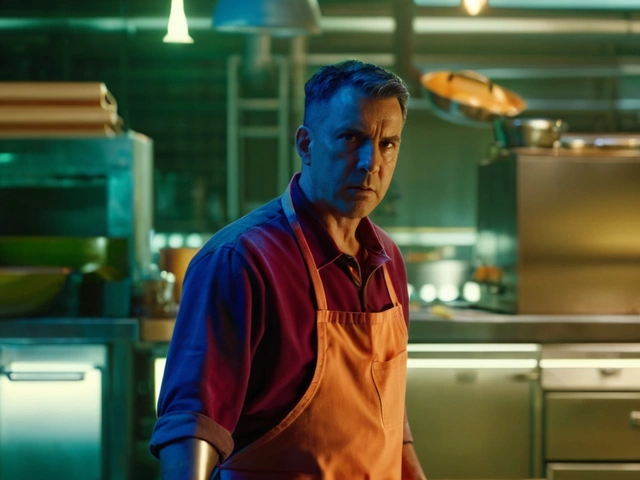
This is such a mess 😭 I mean, Salah leaving? No way. He’s literally the reason I still watch Liverpool after 2019. If they let him go, I’m switching to Man City. No cap. 🤬
I... I really hope they renew all three. Van Dijk’s leadership, Salah’s goals, Trent’s assists-these aren’t just players, they’re the soul of this team. I know the money’s tight, but... we can’t just let them walk. Please, FSG, don’t be idiots.
Oh wow, another ‘Liverpool must keep their legends’ sob story. Newsflash: they’re 32, 27, and 26. Van Dijk’s not a god, he’s a guy who got lucky with injuries. Salah’s gonna be a glorified bench warmer in 2 years. Trent? He’s a glorified fullback with a fancy assist stat. Sell them all, reinvest, stop living in 2019. This club’s been in denial since Klopp’s first trophy.
Just a quick note: Liverpool’s been great at developing talent and keeping core players. Think of how they handled Henderson, Milner, even Mane. The key is not just money-it’s vision. If the club shows these guys a clear plan-youth integration, tactical evolution, Champions League ambition-they’ll stay. It’s not just about the contract, it’s about belonging.
I understand the financial pressures, but losing any of these three would feel like losing family. They’ve given us so much joy. Maybe the club can find creative ways-performance bonuses, loyalty clauses, or even deferred payments-to make it work. We owe them that much.
Honestly, the biggest mistake Liverpool could make is waiting until the last minute. If they’re serious about keeping Salah, they need to lock him in now-not next month, not after the World Cup. Same with Trent. Van Dijk? He’s got more leverage, but he’s also the most loyal. If the club shows real commitment, he’ll stay. But if they drag their feet, someone else will swoop in. This isn’t just about football-it’s about trust.